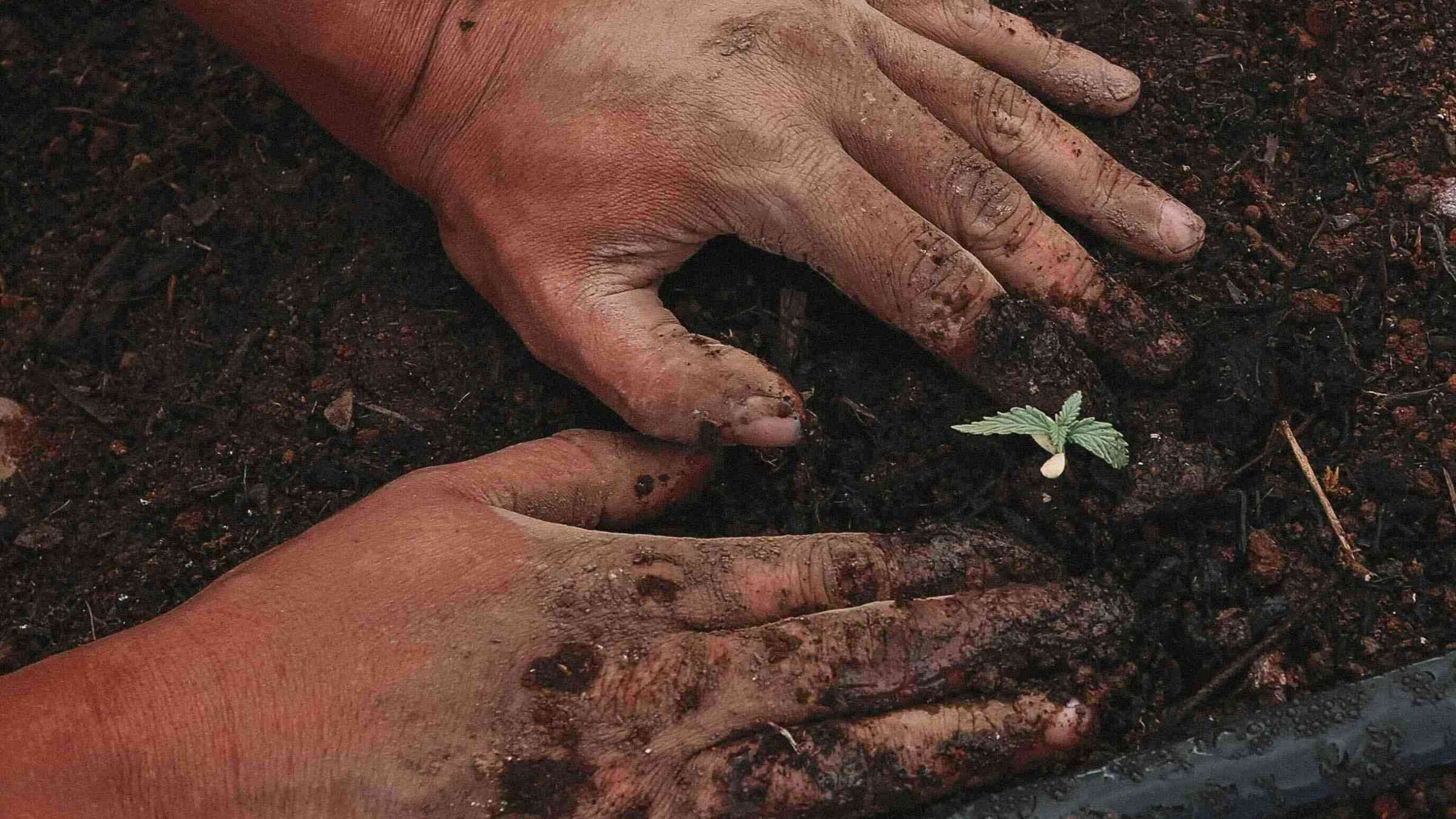Tackling flash floods, urban heat, and other climate change threats in three sub-Saharan African Cities

A new 3-year project will reduce climate-fuelled flood risks and enhance the resilience of approximately 2.2 million people in three sub-Saharan African cities while promoting gender equality and social inclusion and strengthening biodiversity protection.
The Scaling Urban Nature-Based Solutions for Climate Adaptation in Sub-Saharan Africa (SUNCASA) project will undertake watershed restoration and adaptation actions in Dire Dawa (Ethiopia), Kigali (Rwanda), and Johannesburg (South Africa). Jointly managed by the International Institute for Sustainable Development (IISD) and the World Resources Institute (WRI)-and guided and implemented by a wide array of local partners, policy-makers, and stakeholders-SUNCASA will directly benefit approximately 2.2 million people in high-flood-risk areas, while indirectly benefiting an estimated 7 million residents in these cities. The project is funded by Global Affairs Canada through the Partnering for Climate Program. Approximately CAD 29 million will be invested in the three cities until 2026.
Specific actions were identified through multiple rounds of engagements with key stakeholders in each of the three cities. Through the City Water Resilience Approach, stakeholders worked collaboratively to develop high-impact solutions to critical resilience challenges. These include:
- catchment restoration in the Dechatu River in Dire Dawa for flood risk reduction and water stress mitigation, and urban tree planting and green space development to alleviate the heat island effect in lower-income neighbourhoods;
- restoration of six critical upstream micro-catchments of the lower Nyabarong River watershed in Kigali to reduce downstream floods and landslides risks;
- removal of alien invasive species, afforestation, reforestation, and riverbank restoration in the Johannesburg Jukskei River catchments to reduce flood risk and increase water quality.
Challenges in Dire Dawa: Flash floods continue to pose a significant risk to Dire Dawa's residents, while catchment degradation has affected water security and the livelihoods of vulnerable communities. In Dire Dawa, SUNCASA will work with women farmers and local small and medium-sized enterprises to rehabilitate the Dechatu Catchment through a combination of reforestation and agroforestry, helping to address water stress and enhance the economic resilience of the most vulnerable. The project will also aim to reduce stormwater runoff and heat within the city through tree-planting campaigns that target low-income neighbourhoods.
Challenges in Johannesburg: Invasive species in wetlands and river systems threaten the water security of the City of Johannesburg, increasing flood risk and impacting biodiversity. The SUNCASA project will work with local communities along the Jukskei River Catchment to remove alien invasive species clogging waterways, helping to reduce flood risk by rehabilitating riverbanks. The project will directly support 14 local cooperatives, expanding employment opportunities and ensuring women and youth leadership in ecosystem conservation.
Challenges in Kigali: Climate change and urban expansion are increasing the impact of flood events and landslides in Kigali. The SUNCASA project will support local farmers and women-led cooperatives in rehabilitating the Kigali sub-catchment, reducing flood risks in densely populated urban areas. Restoration efforts will prioritize the protection of agricultural lands and the expansion of urban forest cover, reducing soil loss, improving agricultural productivity, and boosting air quality.
By choosing actions that reinforce or restore natural solutions for managing water-and by selecting projects that engage and strongly benefit women and vulnerable communities in these cities-the SUNCASA project will demonstrate the "triple win" possible for climate, society, and biodiversity with gender-responsive nature-based solutions.